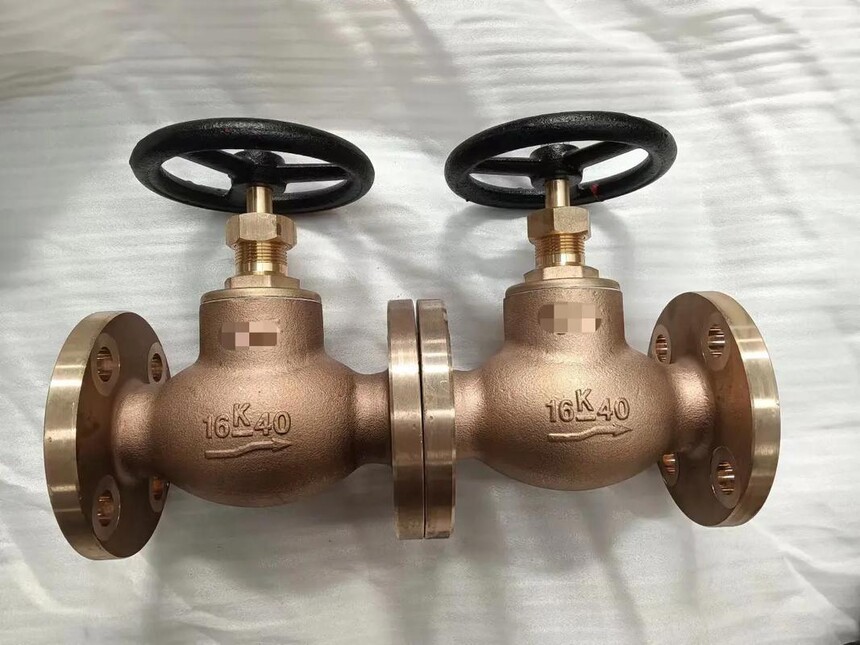|
Marine Valves: Essential Components for Safe and Efficient Maritime OperationsMarine valves are the backbone of maritime engineering, ensuring the safe and efficient flow of liquids and gases in ships, offshore platforms, and underwater systems. From controlling fuel lines to managing ballast water, these valves operate under extreme conditions—exposed to saltwater corrosion, high pressure, and fluctuating temperatures. Whether you’re a ship operator, engineer, or procurement manager, understanding marine valves is critical to maintaining operational reliability and compliance. This guide breaks down the types of marine valves, their applications, selection criteria, and maintenance best practices, all tailored to address real-world challenges and boost your SEO visibility on Google. Why Marine Valves Matter in Maritime Engineering Marine valves are not just mechanical components—they are lifelines for safety and efficiency. A single valve failure can lead to catastrophic consequences, such as: Fuel leaks causing environmental disasters. Ballast system malfunctions risking ship stability. Corrosion-induced failures in seawater pipelines. By investing in high-quality marine valves, you ensure compliance with international standards (e.g., DNV GL, ISO), reduce downtime, and extend the lifespan of your maritime assets.
Types of Marine Valves and Their Applications 1. Ball Valves Function: Quarter-turn valves with a spherical disc for quick on/off control. Best For: Seawater intake systems, fuel lines, and HVAC systems. Advantages: Leak-proof seals, low maintenance, and compact design. 2. Gate Valves Function: Linear motion valves for full flow closure or opening. Best For: High-pressure pipelines in oil and gas platforms. Advantages: Minimal pressure drop and tight shut-off capabilities. 3. Globe Valves Function: Precise flow regulation using a movable disk and seat. Best For: Throttling in steam systems or high-pressure environments. 4. Butterfly Valves Function: Lightweight, rotating disc for rapid flow control. Best For: Large-diameter pipelines in ballast tanks and cooling systems. 5. Check Valves Function: Prevent backflow using a hinged or spring-loaded mechanism. Best For: Fire suppression systems, bilge pumps, and condensers. How to Choose the Right Marine Valve 1. Material Selection Stainless Steel: Ideal for saltwater environments due to corrosion resistance. Bronze/Hastelloy: Used in high-pressure or chemical-exposed systems. Plastic (e.g., PVC): Cost-effective for non-critical applications. 2. Pressure and Temperature Ratings Match valve specifications to system requirements (e.g., 300 psi for fuel lines vs. 15 psi for cooling systems). 3. Compliance with Standards Prioritize valves certified by DNV GL, ABS, or ISO 9001 for maritime safety. 4. Customization Needs Subsea gate valves for deep-sea drilling or fire-resistant valves for LNG carriers. Common Issues and Maintenance Tips 1. Corrosion Prevention Solution: Use stainless steel or coated valves in seawater systems. 2. Leaks and Seals Solution: Replace worn-out gaskets and seals regularly. 3. Sticking Valves Solution: Lubricate moving parts with marine-grade grease. 4. Regular Inspections Schedule quarterly checks for wear, cracks, or debris buildup. Top Applications of Marine Valves Industry Key Applications Recommended Valves Shipping Fuel systems, ballast tanks Ball, Gate, Butterfly Offshore Oil Subsea pipelines, gas extraction Gate, Check, Globe Desalination Seawater intake, brine discharge Butterfly, Check Aquaculture Water flow control in fish farms Butterfly, Ball Why Trust Our Marine Valve Expertise? As a leading marine valve supplier and manufacturer, we specialize in: Custom Solutions: Tailored valves for unique projects (e.g., Arctic-class ships). Quality Assurance: All products meet DNV GL and ISO 9001 standards. 24/7 Support: Technical assistance for installation and maintenance. |

